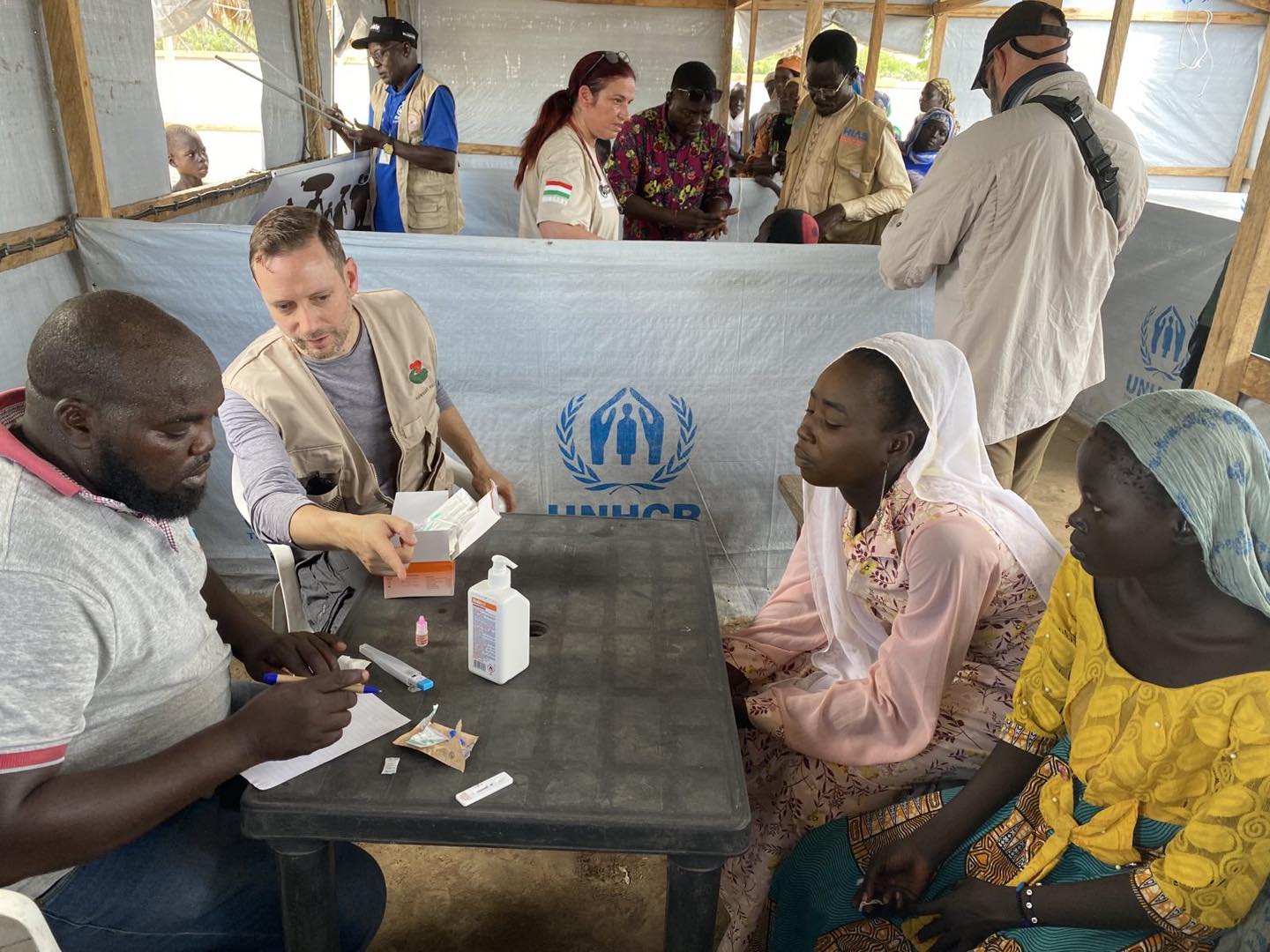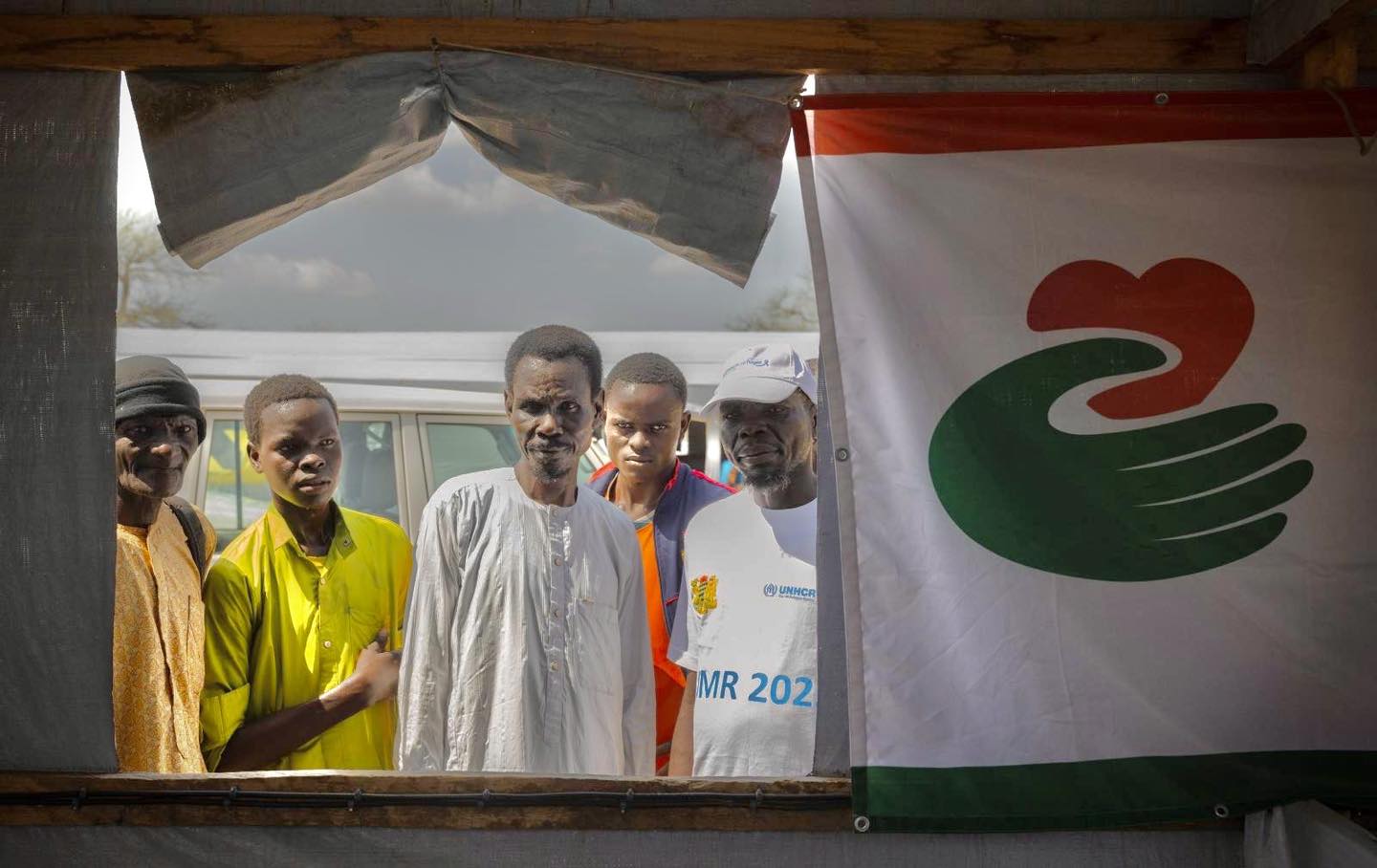
The Hungarian government believes that Chad needs to be set on a path towards development.Continue reading

The Hungarian government has decided to open a humanitarian and development center in N’Djamena, capital of Chad, as part of the Hungary Helps program, stated the Secretary of State at the Ministry of Foreign Affairs and Trade, responsible for programs to help persecuted Christians.
Tristan Azbej wrote in a Facebook post that this permanent representation will be responsible for coordinating and ensuring the effectiveness of Hungarian humanitarian and development programs in Chad and the Sahel region. This will mark a milestone in Hungary’s engagement in Africa, and thus in the Hungary Helps program, he added.
He stressed that the Hungarian government has recognized the importance of the challenges facing the Sahel region in Africa, and that
the increasing crisis situations, political instability, civil wars, armed conflicts, and persecution of Christians could lead to an unprecedented humanitarian disaster.
This could have a major impact on Europe, including Hungary, he added. In fact, he continued, countries of the region are losing stability one after the other. Moreover, if the last remaining stable bastion, Chad, were to suffer the same fate, it could mean the start of a flood of migrants, posing an extremely high risk to Europe. Considering these circumstances, the Hungarian government has decided to open a development center, based on the experience of the humanitarian missions launched this year in the Sahel, he said.
He explained that
the program would be similar to the Hungarian medical mission in Chad that ended recently, and would contribute not only to the protection of people from the surrounding conflict zones, but also to the relief of the Chadian population under constant threat from the Islamist terrorist organization, Boko Haram.
They also want to put Hungarian agricultural and water expertise to good use on the ground, helping people facing hunger to access safe food, drinking and irrigation water in the desertification-stricken country.
“These long-term programs can help to turn the African continent from a continent of threats to a continent of opportunities. Because help should go where the trouble is, not bring people in trouble to Europe,” Azbej concluded.
Via MTI, Featured image: Facebook/Azbej Tristan